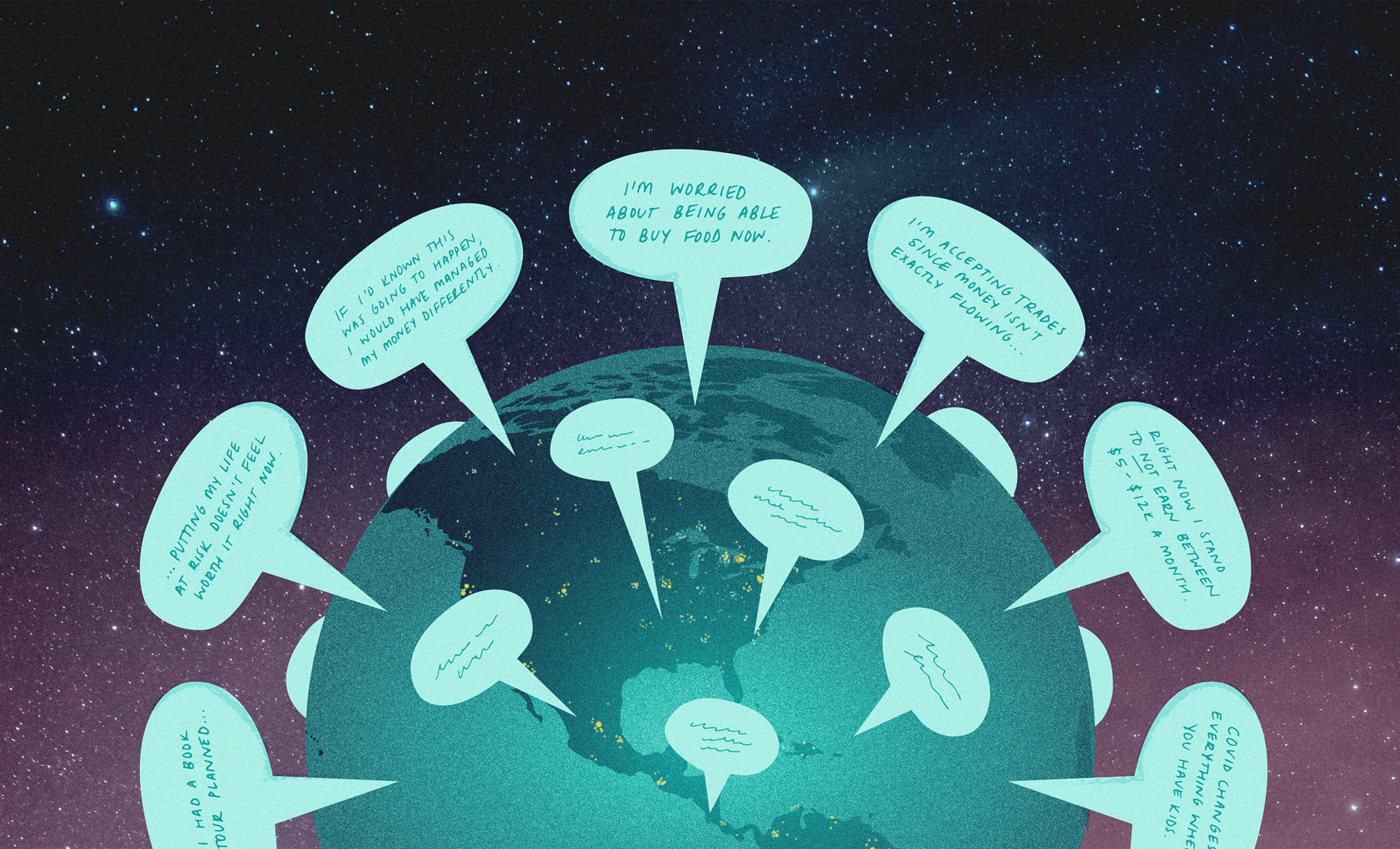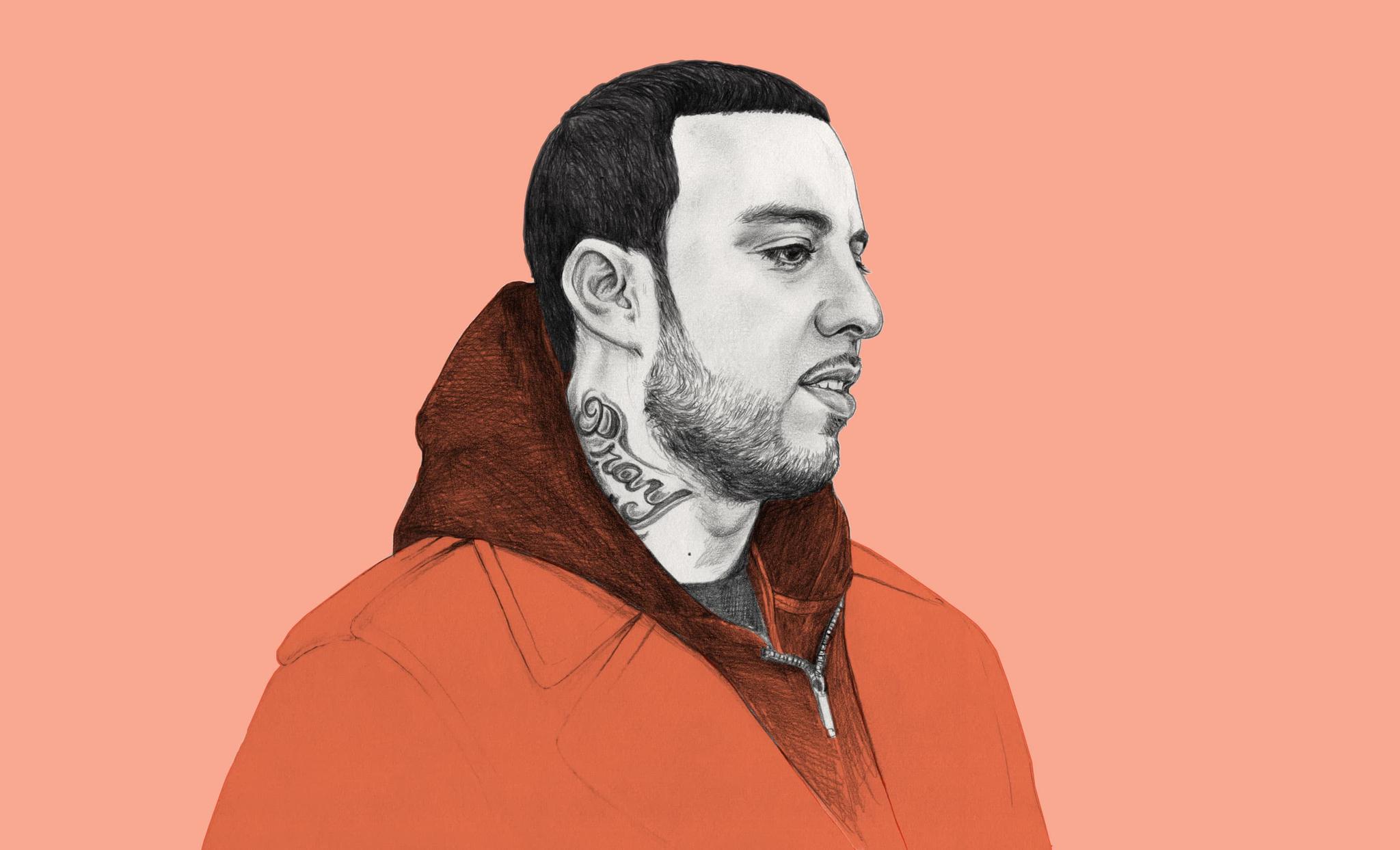
Money Diaries
French Montana's Big Expenses: Strip Clubs, Global Charities
Morocco, the Bronx and Puff Daddy all had a hand in shaping the financial — and life — philosophy of one of America's most successful rappers.
Wealthsimple makes powerful financial tools to help you grow and manage your money. Learn more
Wealthsimple is a whole new kind of investing service. This is the latest installment of our recurring series “Money Diaries” where we ask interesting people to open up about the role money has played in their lives.
When you’re a famous rapper, people expect you to throw money around all the time. There’s a strip club I like in Atlanta called Magic City. Some nights I’ll go in there and drop $50,000 — I mean, a lot of those women are single moms, and they’re there to support their family, the same way I worked to support my mom and my brothers when I was growing up as an immigrant in the Bronx. And the truth is that today, a minimum wage job isn’t enough to put food on the table or keep a roof over your family’s head. The way the strip club economy works — it’s not a free peep show; you’re not going to stand there and not throw money. I want to show these women some love. And on a big night — say, my birthday — I’ll go big. But say I go in again the next night, and I don’t drop fifty grand. Word starts getting around: “He’s broke!” People expect you to spend lavishly everywhere you go — strip clubs, restaurants. I’ll always tip $100. But if you spend like crazy every day, you will go broke. It’s funny in some ways that I have to throw $50,000 or people will think I’m broke because for most of my life I was broke.
I wasn’t born in America — I’m from North Africa. When I was 13, my family moved from Morocco to the United States in search of economic opportunity and a brand-new life. Growing up in North Africa, all I knew about America is what I’d learned from TV. The glittering Manhattan skyline. I assumed we’d be living in a luxury high-rise; instead, we landed in a housing project deep in the South Bronx.
We’d crossed the ocean, but still couldn’t get out of the slums.
My dad had imagined he’d become a thriving businessman, but when things didn’t go the way he hoped, he turned and went back to Morocco. The rest of us stayed – my mom, my two little brothers, and me. It wasn’t easy. There was culture shock, and none of us spoke English. And there was a constant struggle to get by. My mom worked all kinds of jobs to make ends meet. One day, when I was 15, I visited her at this chicken joint, where she worked as a cook in the kitchen in back. And she started crying — she just wanted to be at home with her kids, she told me, not working day and night. Her tears lit something in me. I knew I had to start making some money. I had to become the man of the house.
A lot of people glamorize the life of a drug dealer, but it was never something for me to brag about. There’s nothing cool about it — the lifestyle should never be glorified.
The rapper Cam’ron once put it this way: Either you slangin’ crack rock or you got a wicked jump shot. Well, the NBA wasn’t in my future. And I didn’t have the appropriate immigration status to apply for college or get hired for legitimate jobs. There was nothing left to do but hit the streets. I started hustling, selling drugs — whatever. That’s when the nickname French Montana was born, in reference to my language of preference, and Tony Montana, the cocaine kingpin played by Al Pacino in the movie Scarface.

Sign up for our weekly non-boring newsletter about money, markets, and more.
By providing your email, you are consenting to receive communications from Wealthsimple Media Inc. Visit our Privacy Policy for more info, or contact us at privacy@wealthsimple.com or 80 Spadina Ave., Toronto, ON.
There were days I made $200. And there were days I made $20,000. The more risks you took, the more money you could make. For me, the risks were uniquely steep. My personal safety, yes, but when other people I knew got arrested, they’d get a slap on the wrist and be back on the streets a few weeks later. But if I got caught with drugs on me, I knew I’d get deported. In some sense I’d become my mother’s husband and my little brothers’ father, and the thought of getting kicked out of the country, leaving them to fend for themselves, was a source of constant stress.
A lot of people glamorize the life of a drug dealer, but it was never something for me to brag about. There’s nothing cool about it — the lifestyle should never be glorified. For me, it was simply a means to an end, a stepping stone, until I could graduate to something that was legal. In some ways, going through all of that made me the man I am today, but as soon as I was able to, I moved on and got my real game cooking.
At age 17, I started working with a couple of friends to make a series of DVDs called Cocaine City, which featured videos of local rappers, along with some blossoming national stars who came to New York to perform. The money I’d saved from selling drugs gave me seed money to produce, manufacture, and distribute these DVDs. At first we made a thousand copies, and sold them around the 'hood for $5 a pop. Soon, we were printing 10,000 copies. Then 30,000. And we’d put out about three DVDs a year. With our costs so low — maybe a dollar apiece to print a DVD — the profits really started rolling in. Do the math — by the time I was 18 or 19, my friends and I were making hundreds of thousands of dollars, all in cash.
One day, I went over to the chicken joint where my mom worked, and found her sweating it out in the hot kitchen. “Come on,” I said. “Let’s go home. You’re retired now. Your kids want to spend time with you.” She started crying, tears of happiness. You can imagine the moment. I’ll always remember it as one of my biggest accomplishments.
The goal of the DVDs was also to give me a platform to showcase my own talents as a rapper. I’d film my own freestyles and weave them in among this montage of other bigger, more established talents. The more DVDs we sold, the more people who were being introduced to my abilities and my music.
By the time the fifth DVD came out, I got a call from Akon. He was a widely-known and respected artist, and through his record label, Convict Records, he was also helping other musicians launch their careers, like Lady Gaga. He didn’t offer any kind of a signing bonus, but his belief in me gave me hope. It was like LeBron James hitting you up: “Yo, I want you to play with me on the Cavaliers.” And his faith in me helped spark a deeper belief in myself: Wow, I can really do this. I can actually get paid for my art. That was priceless, and worth more to me than any kind of monetary advance.
Recommended for you
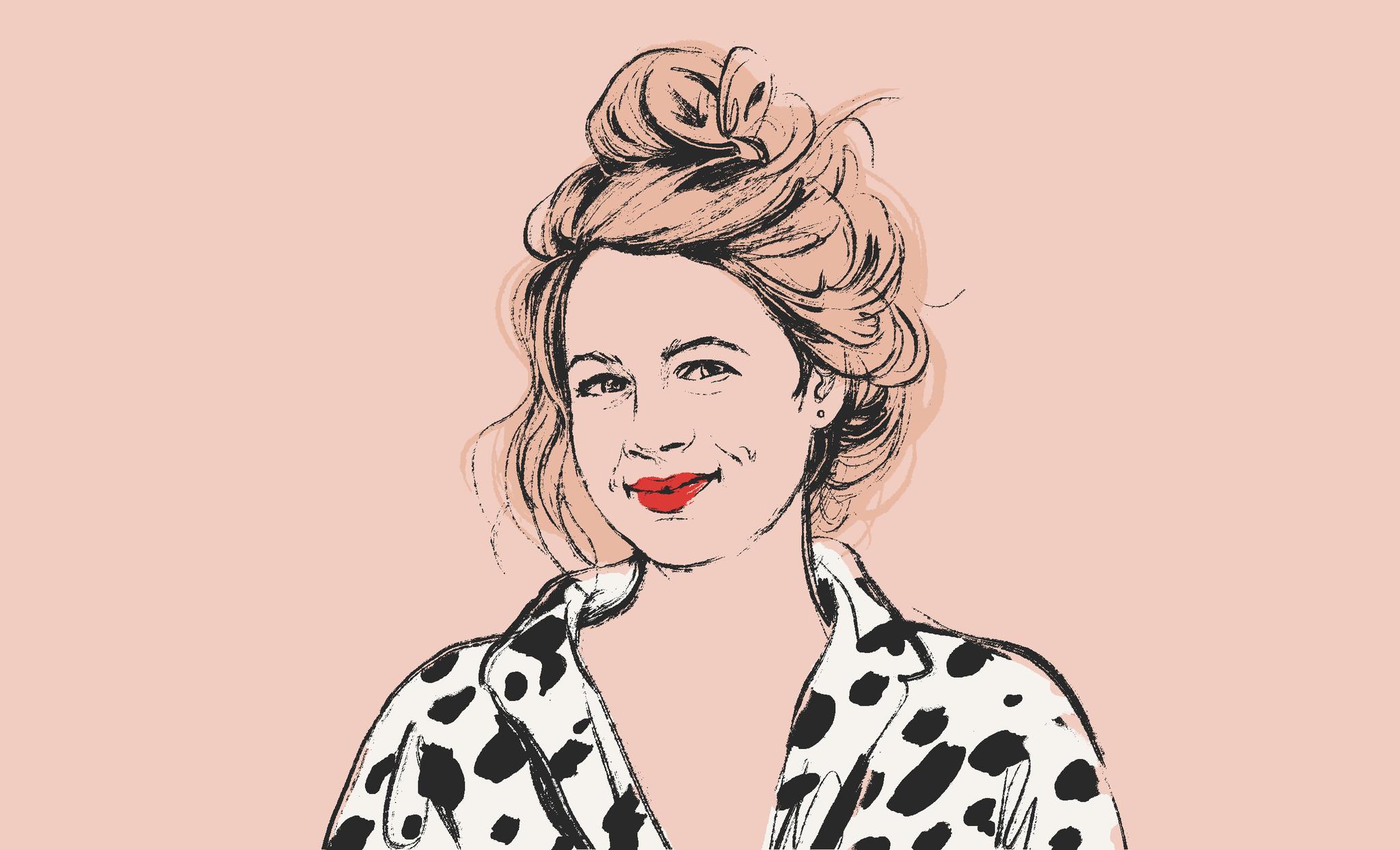
Alison Roman Is the Patron Saint of Home Cooking and Everyone’s at Home
Money Diaries
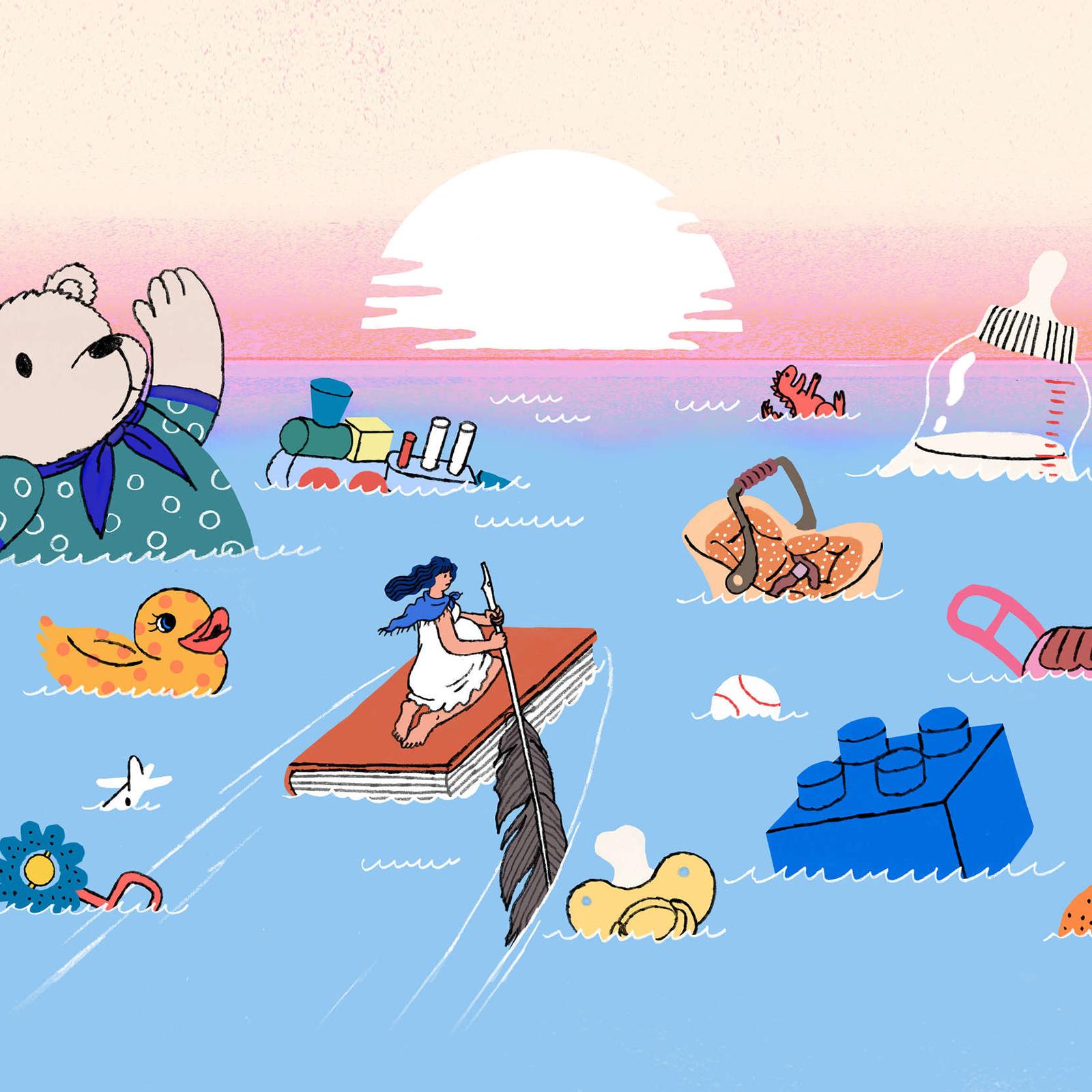
Karen Russell: A Brutally Honest Accounting of Writing, Money, and Motherhood
Money Diaries
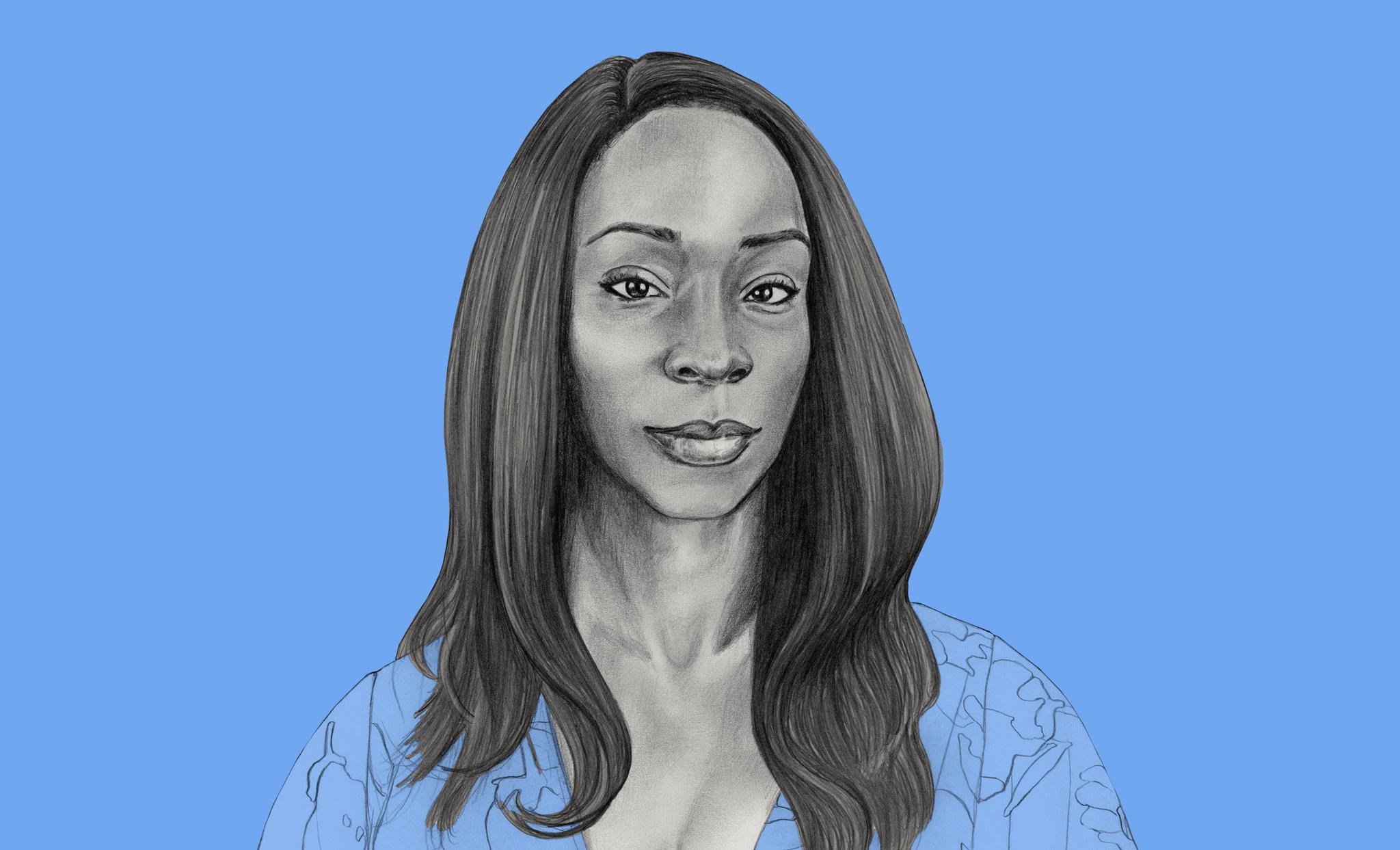
The World Wouldn't Make a Place for Angelica Ross. So She Made One for Herself
Money Diaries

Cult Animator Carson Mell Decided Making Stuff Was More Important than College
Money Diaries
The years since have been good to me. I’ve had #1 hits, toured with great friends and great artists, and the money has kept rolling in. These days, I get paid $75,000 to $300,000 for each concert I perform, depending on the size of the venue. I could try to stuff all of that money into my own pocket, but my philosophy is to always continue to invest in myself. I’ve found that the more I pump money back into my career, my shows, and my music, the more things keep growing.
Even as an artist, you
For example, at a concert, I might want a special lighting package that stretches the budget, so I’ll come out of my own pocket to cover it. Sometimes the right song with the right production is so expensive, the label might not want to spend the money. So I’ll cover the cost myself. I might want to shoot a movie out of my own pocket instead of going to a studio and getting the funds in advance. Just like my teenage years working on the streets, the more I risk, the greater the rewards. For every $300,000 that comes in from some concert, I spend $200,000. That might enable me, a year from now, to charge $500,000 for a show.
I also love investing in my team. If they’re doing well, they’ll have more energy and passion. At this point, I have about 20 people who work for me. Drivers, bodyguards, assistants, managers. Some get a flat rate and some are paid a percentage of how much our team grosses. My bodyguards get paid between $100,000 and $200,000 a year. Yeah, that’s a real chunk of cash, but — and I know people say it all the time — there’s no “I” in “We.”
Even as an artist, you have to think like a businessman. That’s what separates Puff Daddy from every artist that was ever signed to his record label, including me. Puff Daddy dropped a big album 10 years ago — he’s no longer #1 on the charts, but he’s #1 in Forbes. You could be the most talented person on Earth, but if you don’t have your business mind straight, you’ll always be hustling for every dollar. You’ll never get to the point where you’re making money while you sleep.
It all comes down to capital. That’s what these record labels have been doing for so many years — they give us capital and charge interest on the capital. That’s how it works everywhere. Every bank is living off interest on capital. The same thing goes for record labels. But if you’re a businessman and you have the capital already, why would you give someone else the authority to charge you extra money?
The music industry has changed. Income used to come mostly from selling records, but now a lot of it is from concerts, touring, and merchandise. We call touring “marathon money” because it’s something you can do for the rest of your life. But there’s a bigger play — establishing yourself as a tastemaker. If I’m choosing between 100 albums to buy, I’ll buy the one on Dr. Dre’s label, because I know he doesn’t put his name on something unless it’s right. Once you become a household name, people put trust in that name and you can sell anything. Liquor. Toilet paper. That’s what I’m building toward. I want people to know when they see the name French Montana, it’s guaranteed.
With the money I’ve made, I try to make some good investments. Not long ago, I bought a house from Selena Gomez in Calabasas, outside L.A., for $5 million. But I got a great deal, and once I moved in I renovated the whole thing and increased its value.
I have another house in New Jersey, and I’d love to buy a third one back home in Morocco, by the beach — maybe a little farm with animals. I believe that real estate is one of the best investments you can make.
I admit, sometimes I buy things not as an investment, but simply because it sparks something for me. I’m into cars. I’ve got a Bentley truck worth $200,000 to $300,000. I’ve got a Sprinter I paid $150,000 for. I love jewelry, too. I have a $300,000 watch. I don’t wear it every day, but I wear it pretty often. When I take it to the jewelry store to get it cleaned, they don’t even want to touch it; they know what kind of watch it is, and get kind of woozy.
But none of that – the clubs, the watches — is the stuff I’ve spent my money on that’s brought me the most satisfaction. I’ve opened health clinics in Uganda, where I’ve shot some of my music videos with local kids. I’ve started a global healthcare campaign to support two great organizations — Global Citizen and Mama Hope. Poverty in America creates real struggle for a lot of people, but my childhood in Africa gave me a sense for some even greater global economic disparities. How I spend money these days is really a sign of my own journey and personal growth. If someone hadn’t gone through the things that I have, they might be more likely to just spend frivolously, without realizing the value of helping people with their money.
Another thing I’ve learned, though, is that happiness isn’t tied to wealth. In Uganda, I’ve seen the poorest of the poor who are happier than the richest of the rich. If you’re not rich in the heart, you’ll never be rich.
Sometimes your circumstances change and you get used to rich things and being around rich people. You try to forget your past and what it was like living in the gutter because those struggles were so painful. But being around old friends — people who remember when you were just Karim from the block — connects you to your earlier self, and is a reminder that those memories shouldn’t be discarded. Because if you don’t remember where you came from, and how hard you worked to make it out of there, then you’ll never appreciate all the riches life has brought you.
As told to Davy Rothbart exclusively for Wealthsimple. Illustration by Jenny Mörtsell. We make smart investing simple and affordable.
Wealthsimple's education team is made up of writers and financial experts dedicated to making the world of finance easy to understand and not-at-all boring to read.

